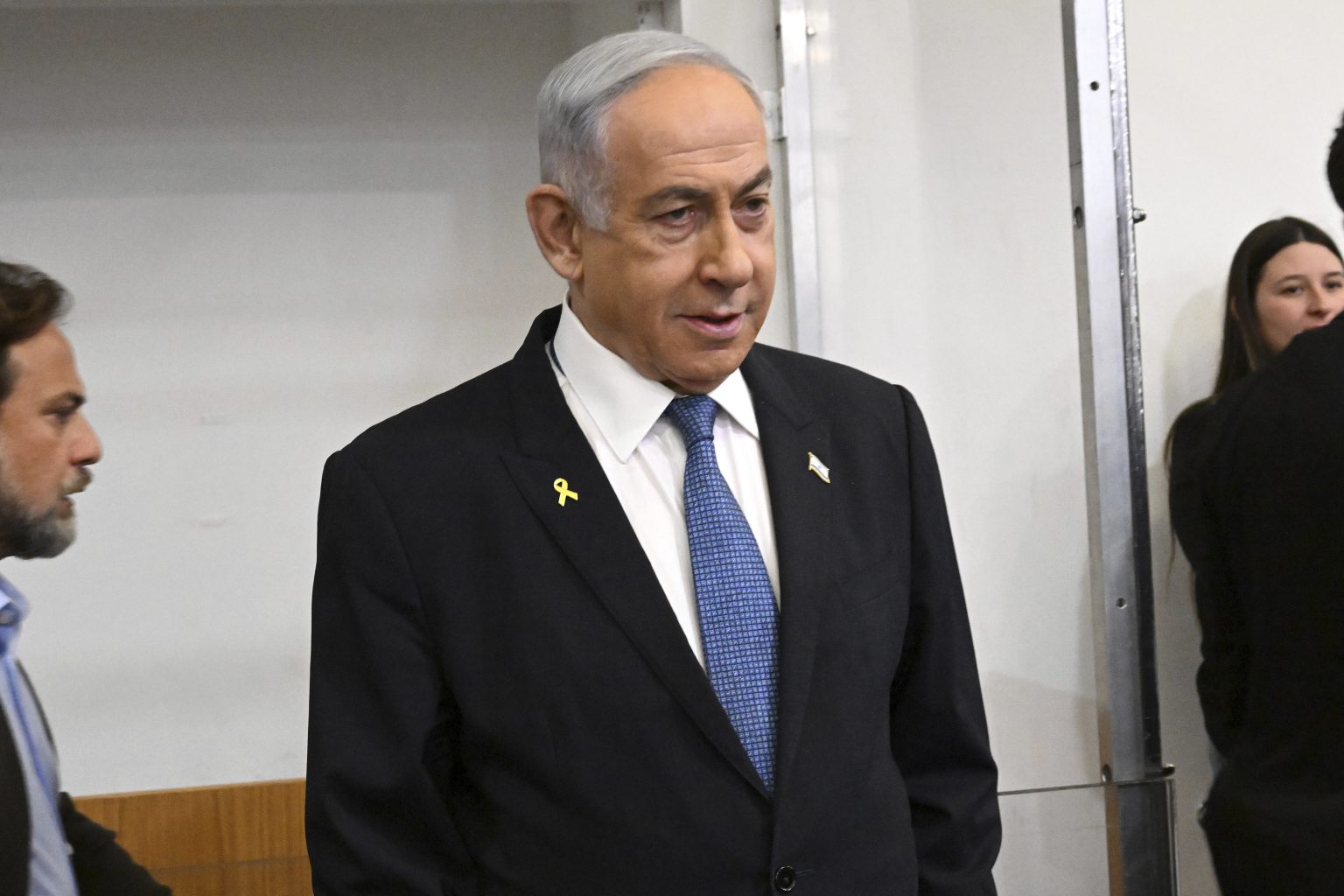Netanyahu’s Hospital Release Amidst Gaza Crisis
Israeli Prime Minister Benjamin Netanyahu’s discharge from the hospital following prostate surgery introduces a complex layer to the already volatile situation in Gaza. While his medical team reports a successful procedure and satisfactory recovery, the 75-year-old leader’s health remains a significant concern, particularly given the ongoing conflict and his central role in shaping Israel’s response. His brief defiance of doctors’ orders to participate in a parliamentary vote underscores the pressure he faces to maintain control amidst the crisis. This episode also highlights the inherent tension between his personal health and the demanding responsibilities of his office, a tension that could influence decision-making in the coming days and weeks.
The backdrop of Netanyahu’s medical situation is the escalating humanitarian crisis in Gaza. Israeli airstrikes continue to inflict heavy casualties, with recent attacks targeting areas housing displaced civilians and aid workers. The reported deaths of children and Hamas police officers further fuel the cycle of violence, raising international alarm and prompting condemnation from organizations like the World Health Organization. The targeting of aid infrastructure exacerbates the already dire conditions in Gaza, hindering the delivery of essential supplies and medical care to a population grappling with widespread destruction and displacement. The accounts of those on the ground paint a grim picture of fear, uncertainty, and the devastating impact of the ongoing conflict.
The timing of Netanyahu’s health scare coincides with his ongoing corruption trial, adding another dimension to the complex political landscape. While he has dismissed the charges as insignificant compared to the security threats facing Israel, the trial represents a significant challenge to his leadership and could potentially impact his ability to effectively navigate the current crisis. The confluence of these personal and political challenges creates a precarious situation for Netanyahu and raises questions about the stability of his government and its ability to effectively manage the ongoing conflict.
The Human Cost of the Gaza Conflict
The escalating conflict in Gaza has resulted in a staggering loss of life, with thousands of Palestinians reported dead, including a disproportionate number of women and children. The sheer scale of the devastation raises profound humanitarian concerns and underscores the urgent need for a ceasefire and a long-term solution to the conflict. The indiscriminate nature of the violence, with reported attacks on civilian areas and aid infrastructure, raises serious questions about adherence to international humanitarian law and the protection of civilians in conflict zones.
The World Health Organization’s call for expedited evacuations of critically ill patients from Gaza highlights the severity of the humanitarian crisis. The limited capacity of Gaza’s healthcare system, coupled with the ongoing attacks, has created a desperate situation for those in need of medical care. The prolonged delays in evacuations not only exacerbate existing health conditions but also contribute to preventable deaths, further underscoring the urgent need for international intervention to facilitate access to medical care for the people of Gaza.
The testimonies of displaced Gazans offer a poignant glimpse into the human cost of the conflict. Accounts of families huddled in tents, seeking refuge from the cold only to be confronted by the terror of airstrikes, paint a harrowing picture of the daily realities faced by those caught in the crossfire. These personal stories humanize the statistics and underscore the immense suffering endured by the civilian population in Gaza. Their questions of "why" and "for what" resonate deeply, reflecting the profound sense of injustice and desperation felt by those trapped in the conflict zone.
The Uncertain Future of Gaza and Netanyahu’s Leadership
The volatile situation in Gaza shows no signs of abating, with the expectation of further Israeli airstrikes and the potential for continued escalation. The absence of any indication of a ceasefire or de-escalation raises serious concerns about the future of the region and the potential for further loss of life. The international community’s efforts to mediate a resolution have so far been unsuccessful, highlighting the deep-seated nature of the conflict and the challenges in achieving a lasting peace.
Netanyahu’s recovery from surgery will undoubtedly be closely monitored within Israel and internationally. His health status could significantly impact the trajectory of the conflict, influencing decision-making within the Israeli government and potentially impacting the country’s military strategy. His ability to effectively lead during this critical period will be scrutinized, particularly given the ongoing corruption trial and the immense pressure he faces to address the crisis in Gaza.
The international community’s response to the unfolding humanitarian crisis will be crucial in the coming days and weeks. The calls for increased humanitarian aid, facilitated evacuations, and an end to the violence will continue to pressure all parties involved to seek a resolution. The ongoing conflict underscores the urgent need for a comprehensive and sustainable peace process that addresses the root causes of the conflict and ensures the safety and well-being of both Israelis and Palestinians. The future of Gaza hangs in the balance, and the international community’s actions will play a critical role in determining the outcome of this devastating conflict.

